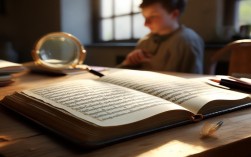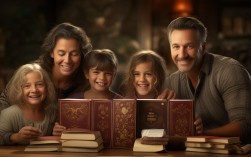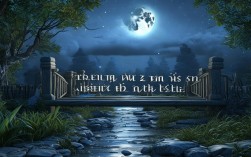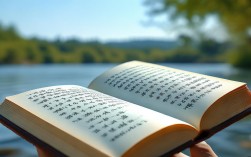Poetry has long been the language of youth—a medium through which fleeting emotions, dreams, and struggles find permanence. English poetry about youth captures the essence of adolescence, blending raw emotion with artistic expression. From classic sonnets to modern free verse, these works offer timeless insights into the human experience.
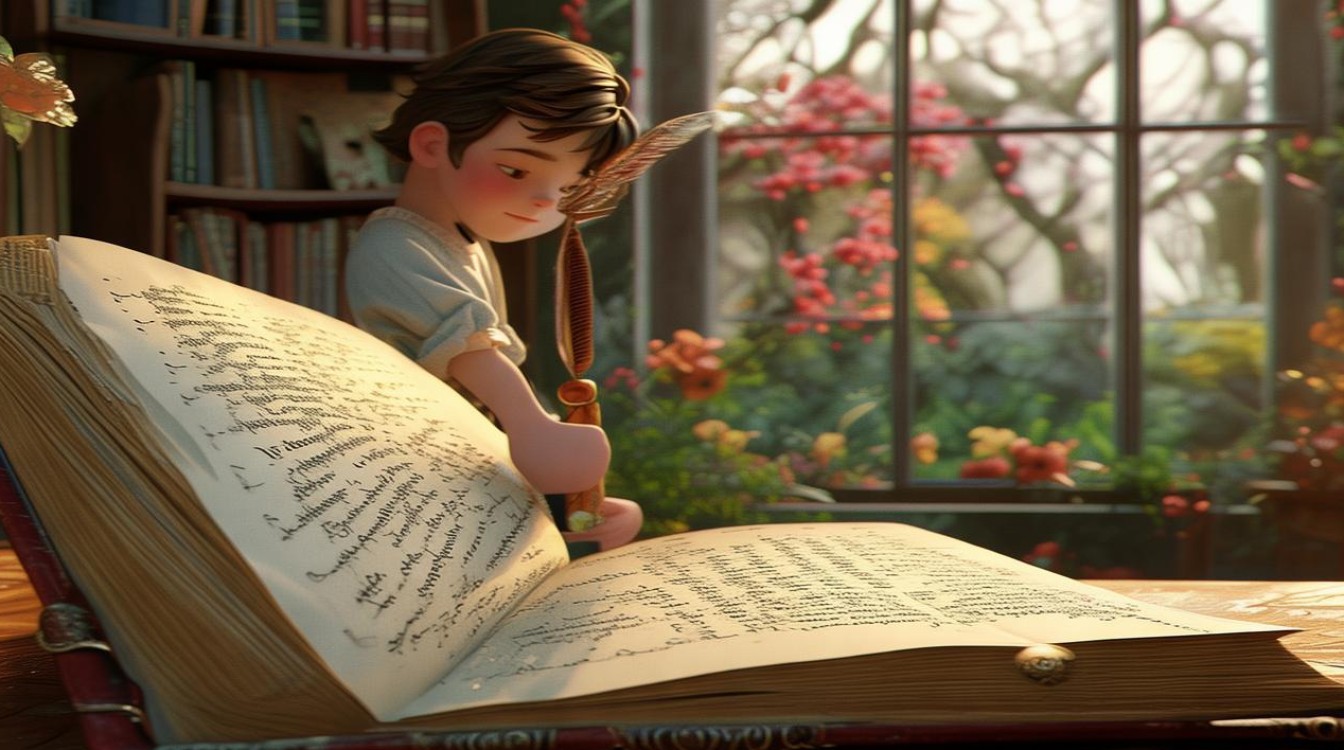
The Origins of Youth Poetry in English Literature
The tradition of youth-themed poetry traces back centuries, with roots in Romanticism and the Renaissance. William Blake’s Songs of Innocence and Experience (1789) contrasted the purity of childhood with the complexities of adulthood. His poem "The School Boy" laments the loss of youthful freedom, a theme echoed in later works.
The 19th century saw poets like John Keats and Lord Byron romanticize youth. Keats’ "When I Have Fears" reflects on mortality and unfulfilled potential, while Byron’s "She Walks in Beauty" immortalizes youthful allure. These works established youth as a central poetic motif.
Notable Poets and Their Odes to Youth
William Wordsworth
A pioneer of Romantic poetry, Wordsworth celebrated childhood in "Ode: Intimations of Immortality." He viewed youth as a time of spiritual clarity, writing: "The Youth, who daily farther from the east / Must travel, still is Nature’s Priest."
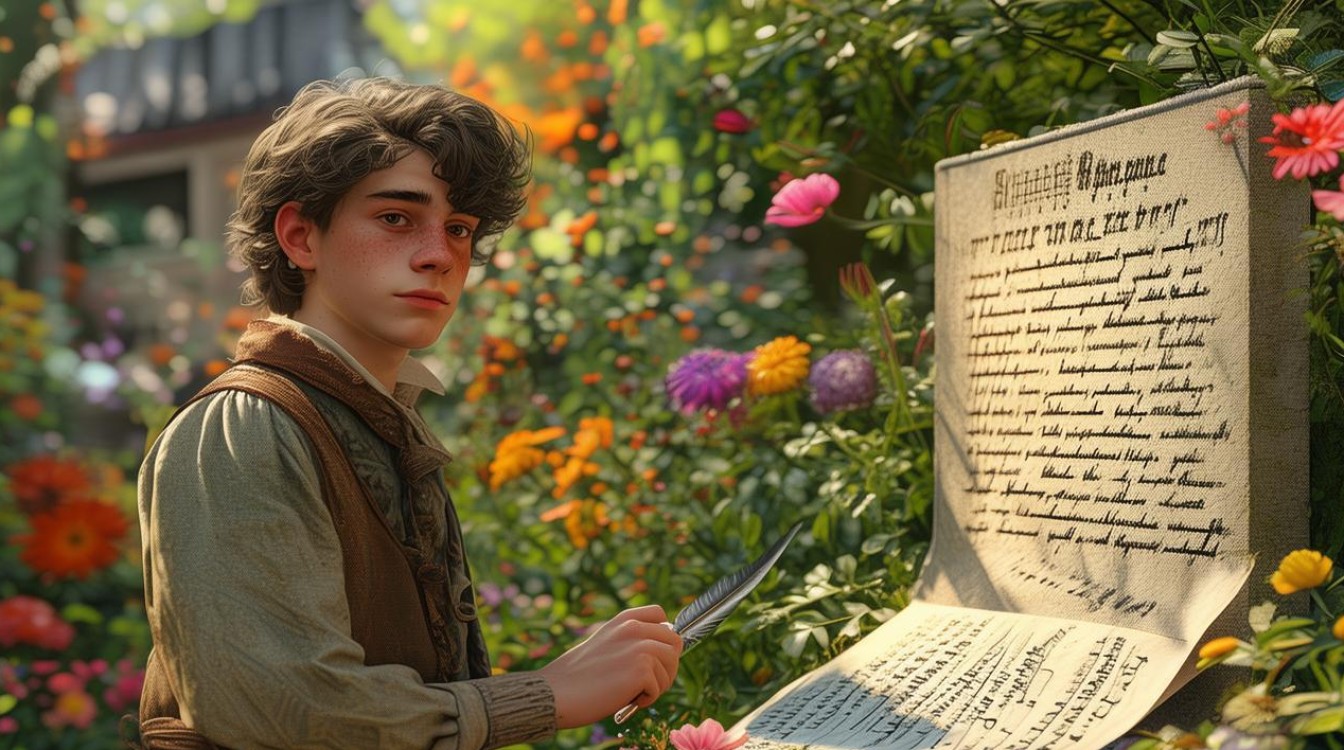
Emily Dickinson
Dickinson’s "I’m Nobody! Who are you?" captures adolescent self-discovery. Her concise style and rebellious tone resonate with young readers, making her a perennial favorite.
Langston Hughes
In "Dreams," Hughes urges youth to hold fast to aspirations: "Hold fast to dreams / For if dreams die / Life is a broken-winged bird / That cannot fly." His Harlem Renaissance-era works remain influential.
Sylvia Plath
Plath’s "Mirror" and "Lady Lazarus" explore the turbulence of coming-of-age. Her confessional style gives voice to inner conflicts, resonating deeply with modern audiences.
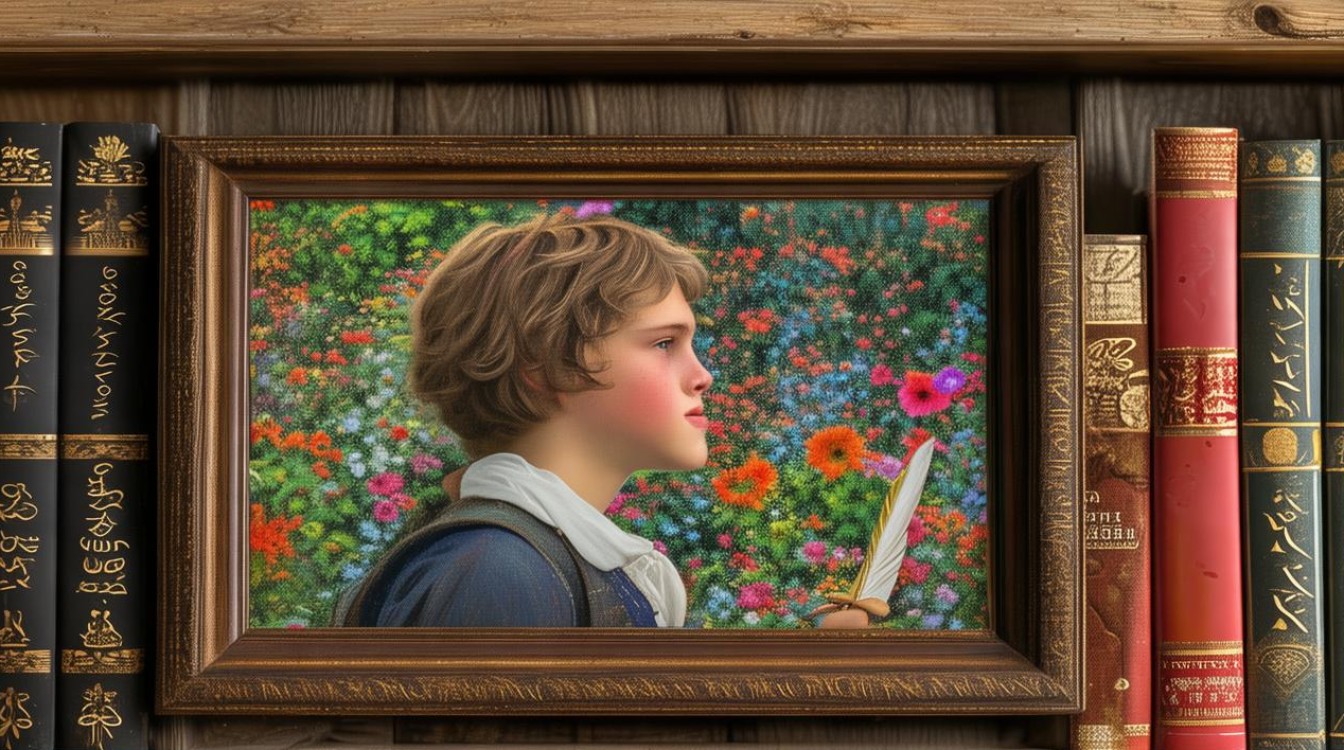
Crafting Youth Poetry: Techniques and Styles
Effective youth poetry often employs:
- Vivid Imagery – Sensory details (e.g., "the hum of bees in the pink clover" from Dickinson) evoke nostalgia.
- Metaphor and Symbolism – Hughes’ "broken-winged bird" symbolizes crushed dreams.
- Rhythm and Sound – Byron’s iambic tetrameter in "She Walks in Beauty" mimics a heartbeat, enhancing emotional impact.
- Free Verse – Modern poets like Rupi Kaur use unstructured lines to mirror the unpredictability of youth.
Teaching Youth Poetry: A Practical Guide
Educators and readers can engage with these works through:
- Close Reading – Analyze word choice and structure. Why did Blake use "blasts of winter" to depict oppression?
- Creative Response – Encourage writing exercises, such as composing a reply to Plath’s "Mirror."
- Historical Context – Discuss how Hughes’ poems reflect Civil Rights-era struggles.
The Enduring Appeal of Youth Verse
Youth poetry endures because it speaks universal truths. Whether through Wordsworth’s idealism or Plath’s intensity, these verses remind us of life’s fleeting beauty. For aspiring poets, studying these masters offers a roadmap to capturing the ineffable—the joy, pain, and wonder of growing up.
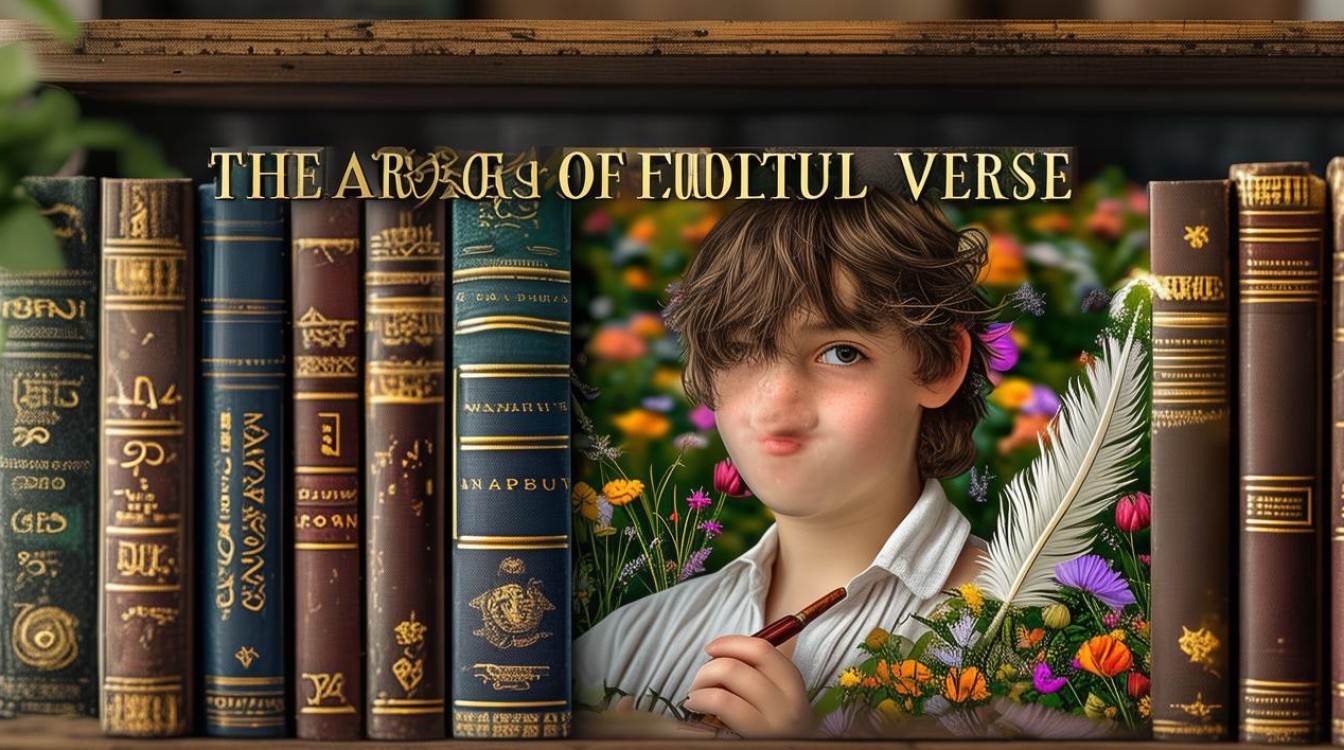
The best youth poetry doesn’t just describe adolescence; it makes readers feel it again. As Dylan Thomas urged: "Do not go gentle into that good night. Rage, rage against the dying of the light." In these lines, youth is not a phase but a state of mind—forever fierce, forever alive.






